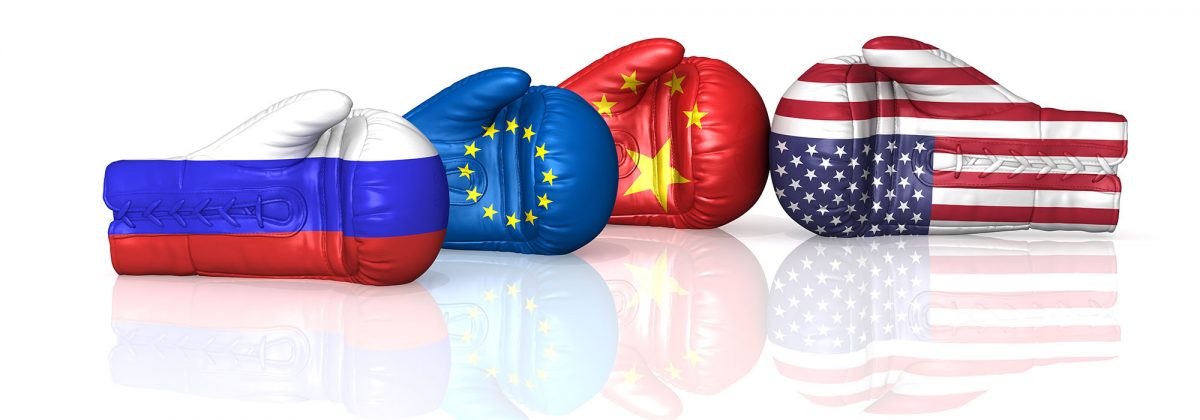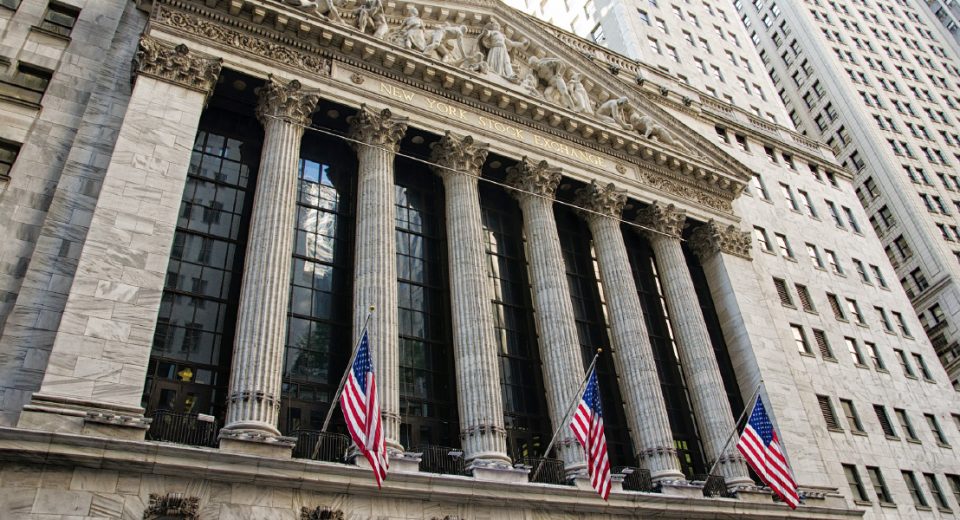Currency Wars: Effects on International Trade

A currency war is a situation where a country’s central bank follows an expansionary monetary policy and intentionally lowers the value of its currency. This is also known as competitive devaluation.
This term was first coined in 2010 by Guido Mantega, the former Brazilian Minister for Finance. He was referring to the growing competition between the United States, Japan and China to have the lowest currency value. He used the term at a time when Brazil was bearing the brunt of the lowering of exchange rates by these three nations. The country was suffering from the effects of record high value, which was hurting economic growth.
Numerous government officials and financial journalists from around the globe shared the same view. On the other hand, some senior policy makers opined that the phrase was overstating the known level of hostility. Nevertheless, since the term was coined, currency wars seem have increasingly become a very real thing among competing nations. And, these wars have been found to have significant consequences for international trade and investors.
So, here’s a look at why currency wars occur in the first place and how they impact us.
Purpose of Currency Wars
The goal that countries want to achieve by engaging in currency wars is to gain an advantage in international trade. When the exchange rate of a country’s currency falls, the exports in other countries become more competitive and imports to the warring nation become increasingly expensive. Both these factors greatly benefit domestic industries. It also creates employment opportunities, due to an increase in demand from both the domestic and the foreign markets.
Currency wars also encourage investment in a nation’s assets. This is because the stock market becomes less expensive for foreign investors. As the country’s businesses get relatively cheaper, foreign direct investment increases.
How are Currency Wars Waged?
Exchange rates indicate the value of the currency of one nation against that of another. Countries waging currency wars deliberately decrease this rate. To do this, they must increase the supply of their domestic currency. And, when supply is greater than demand, the value of the currency will drop.
Central banks across the world have a number of tools to increase money supply by expanding credit. One of these methods is to decrease interest rates. Another method is an expansionary fiscal policy, which involves an increase in spending or cut in taxes. However, this is usually undertaken to engage in a political war, rather than a currency one.
Apart from these methods, central banks can also add large amounts of credit to the capital reserves of the nation’s banks. This technique is known as open market operations or quantitative easing.
Countries that follow fixed exchange rates simply make a public announcement about making such a change.
The US Currency War
Although the US does not intentionally devalue its currency, the use of monetary and fiscal policy produces the same effect.
For instance, federal deficit spending increases debt levels. This creates downward pressure on the US dollar and makes it less attractive to hold. This happened between 2008 and 2014, when the Federal Reserve kept the fed funds rate close to zero. This increased credit and money supply, putting downward pressure on the currency.
Impact of Currency Wars
While currency wars decrease export prices and increase the rate of economic growth, they also have a number of negative consequences.
The price for importing goods increases and this hurts the consumer. The cost of foreign travel also rises, and both these things can affect your purchasing power.
For instance, in 2010, the currency war between the US and China led to an increase in food prices.
Impact of Past Currency Wars on Other Countries
The currency wars started by the US, China, Japan and the EU had some serious effects on emerging market economies.
The currencies of Brazil, India and other emerging markets increased in value. Due to this, the price of commodities also saw an increase. Commodities such as oil, copper and iron are the main exports of these countries. Currency wars between major world powers made these smaller markets less competitive and slowed their economic growth.
In this context, the former governor of India’s central bank, Raghuram Rajan, criticised the US and other warring nations. He said that these countries “export” their own inflation to emerging market economies. At that time, he had to increase India’s prime rate to combat the effects of inflation, at the risk of slowing down the nation’s economic growth.
Events that are Wrongly Connected to Currency Wars
A number of events in the past have been wrongly pegged as after effects of currency wars.
1. Food Riots
Although currency wars lead to inflation, but not to such a great degree as to lead to riots and violence. For example, the food riots of 2008 were mainly caused due to commodity speculators. When stock prices fell, due to the global financial crisis, investors fled to the commodity markets. Due to this, oil prices saw a record increase and stood at US$145 per barrel in July 2008. This drove fuel prices in the US to $4 per gallon. This asset bubble spread out to gold, wheat and other related futures markets, and food prices hit the roof across the globe.
2. Capital Controls
In China, currency wars have led to capital controls, but mainly due to the fact that the nation is a command economy. This is highly unlikely to occur in free market economies, such as the EU or the United States.
3. Eurozone Debt Crisis
Some alarmists have pointed out that the currency wars in the European Union led to bailouts for Ireland and Greece. But these are unrelated events, since the Eurozone debt crisis occurred due to overenthusiastic lenders who were caught in the midst of the 2008 crisis. Another contributing factor was that Greece did not follow a good fiscal management policy.
As a trader or investor, it is important to stay abreast of any attempts at artificially lowering exchange rates, in order to make informed investment decisions.




